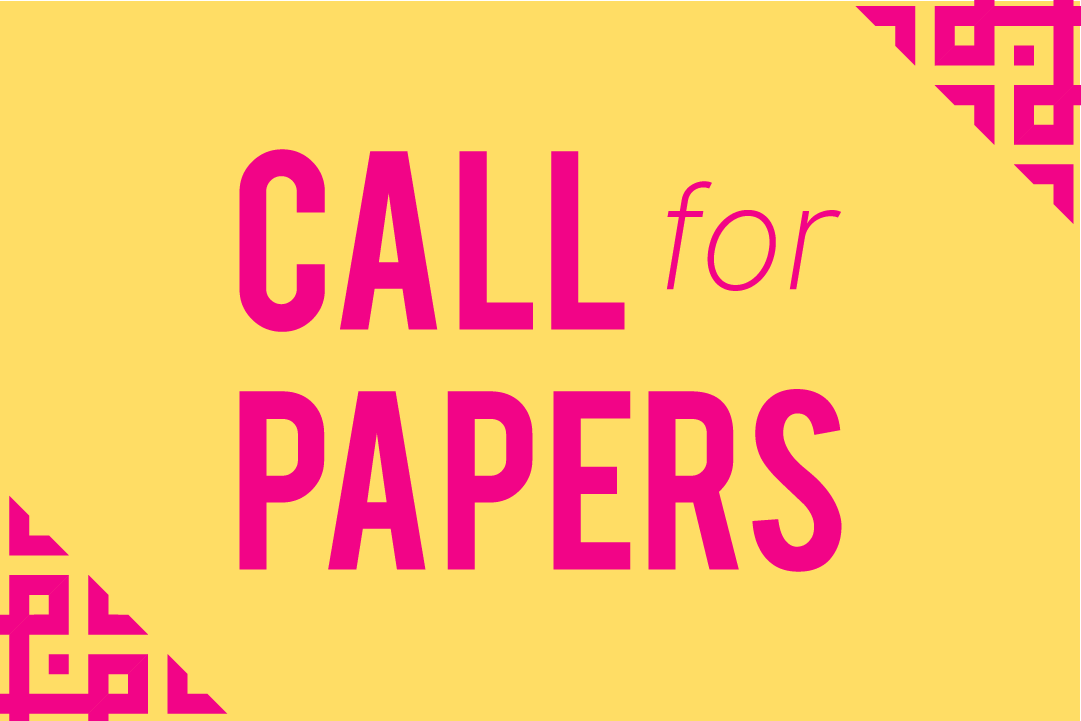
Call for submissions-anthology: Abolitionist Dialogues in Central American Studies
We are excited to extend a call for submissions to our upcoming anthology tentatively titled Abolitionist Dialogues in Central American Studies published through Hilos Press with the support of np:, a platform that seeks to publish and support knowledge production that interrogates the university system and its relationship to oppressive political and economic structures.
Katy Maldonado Dominguez is a graduate student in American Studies and has worked with various groups to create intellectual and community spaces that center migrant and Central American experiences including the Migrant Justice Initiative at Yale, the multi-campus Undocumented Migration Working Group, and the Central American Studies Working Group at Yale. Alejandro Villalpando is an Associate Professor in the Department of Pan African Studies and Latin American Studies program and was co-founder and co-collaborator for the Abolition Open School, a cross-campus, inter-system (CSU and UC) year-long political education project that arose amidst the uprisings in response to the state-sanctioned and extra-judicial killings of Breonna Taylor, George Floyd, Ahmaud Arbery, and Tony McDade.
Our goal with this volume is two-fold: 1) generate an intellectual convening to discuss how abolition as a theory of change can help us interrogate the formation of Central American Studies as university-based and community-based project and 2) engage with and (re)build community with individuals and collectives that engage with abolition and Central American Studies outside the university. Keeping in mind the dangers of field demarcation and canon building, we consider what this field is defining itself against or in dialogue with. What do we lose in seeking legibility and recognition from the university? What possibilities lie in inviting and/or refusing the institutionalization of Central American Studies? We hope this will be the beginning of a series of texts focusing on abolition, Central America, and Latinx/Latin American contexts.
We recognize the amorphous and nebulous nature of abolition as a frame for what has yet to be grounded in a duality of absence and presence — specifically working towards eliminating structures of violence including white supremacy, imperialism, colonialism, and capitalism that end life (absence) while simultaneously envisioning life-affirming models rooted in care and relationality (presence). We rely on Ruth Wilson Gilmore’s understanding that abolition is about building a world where we act in accordance with the belief that life is precious. Central Americans have been and continue to be racialized as inexplicably and inherently violent people who threaten the stability of peace and democracy in the United States, their countries of origin, and elsewhere. As such, abolition is critical for Central Americans – a people deemed undeserving of life.
We seek submissions that explore topics including, but not limited to:
-
How Central Americans confront violence and practice abolition
-
Memory making as an abolitionist tool to challenge silence, forgetting, and erasure
-
Solidarity as central to abolition and Central American organizing
-
Transnational/international examinations of abolition linking Central America across multiple geographies
-
Grassroots organizing and reflections from community spaces/groups
We encourage essays, critical reflections, collaborative work, and creative pieces including zines, poems, collages, and other modes of expression. If needed, we also welcome anonymous submissions.
Please send an abstract (around 200 words) describing the focus and format of your submission by March 31, 2025 to abolitionistdialogues@
Thank you for your consideration and we look forward to hearing from you or any members of your organization who might be interested.
Katy Maldonado Dominguez and Alejandro Villalpando

